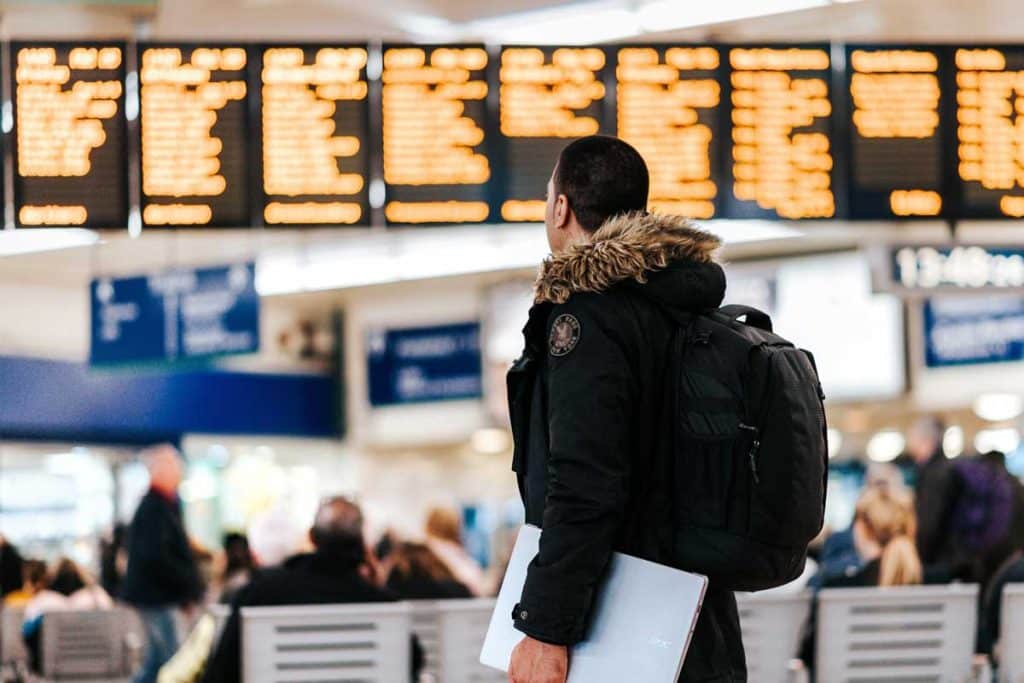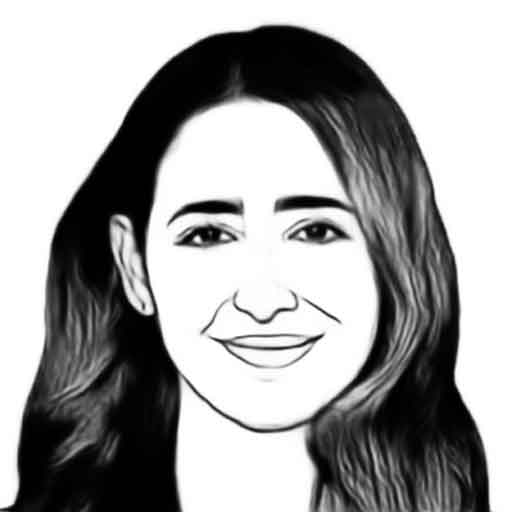Business travel in the GCC is witnessing a dramatic rise following the Covid-19 pandemic.
We are familiar with the demands of frequent business travel like jet lag, disrupted routines, rushed fast-food meals, and increased alcohol intake. But there’s a broader narrative that remains, alarmingly, in the shadows.
Research already shows us that frequent business travel is not only physically straining but also has a profound emotional and psychological toll. From stress, chronic fatigue, loneliness to depression, anxiety, and burnout. These outcomes clearly reflect the stresses of travel and over time, which can be a potent recipe for mental health disorders. As such, we can no longer turn a blind eye to this multifaceted toll.
One of the main stressful consequences of frequent business travel is related to balancing work and personal life. Travelling for work blurs the line between working hours and personal time. Previously, we clocked in, we clocked out. With the demands of business travel this line has become increasingly hazy.
Enter our smartphones, tablets, and laptops. They have tethered us to our work 24/7; we are always one ping away(!) which creates an unspoken expectation that we are always ‘on’ and available. This quickly and unpredictably escalates our workloads, and diminishes any time for downtime, rest, or joy.
Consequently, you will need to define your own working hours and breaks by creating windows of focused work time and genuine personal time. Above all, you will need to commit, commit, commit –allocate time to attend to your personal life and equally prioritise this as you do with your meetings and work tasks.
With each trip, professionals don’t just carry luggage; they carry the weight of dual responsibilities, especially for those with families. The demand of the trip – the meetings, the presentations, the negotiations.
Simultaneously, there’s the ever-present echo of responsibilities from home. It goes beyond missing a family dinner or a child’s soccer game. It’s the cognitive and emotional strain of being present in two places at once. This constant juggle leads to exhaustion, which invariably over time escalates the risk of burnout.
The emotional pull of home is undoubtedly challenging. It will require proactive planning including delegating and prioritising tasks to avoid stretching yourself too thin. Setting clear boundaries is crucial to help you have undisturbed periods to concentrate on both spheres.
In terms of navigating the landscape of business travel:
Create a portable routine: Our homes often serve as our refuge, offering solace and grounding. When traveling, it’s our routines that becomes our new anchor. Create a routine that provides a consistent pattern irrespective of where you might be. This consistency can instil a sense of ‘normality’ amidst changing and unfamiliar environments. It could be as simple as a morning coffee without any disruptions, reading few pages of a book before bedtime, journaling, taking warm baths, or taking a short walk.
Stay connected: Regular travelling means that you may be far away from friends and family and may induce feelings of aloneness. Regular check-ins with loved ones, being part of an online community (WhatsApp groups, forums etc.), and attending group workouts can help maintain social connections.
Self-care on the go: The relentless pace of business travel can often push self-care to the back burner. Dedicate time daily to incorporate physical exercise, even if it’s just a short walk. Focus on nourishing food choices, stay hydrated, and prioritise sleep. If you’re anticipating jet lag, start adjusting to the destination’s time zone few days before travel. Exposure to sunlight and limiting intake of stimulants like caffeine and depressants like alcohol can help with recalibrating the body’s internal clock.

Personal time: Returning from a trip often means prioritizing family needs and running errands, leaving you with little to no time for your social life and activities. Ensure setting aside some time for yourself for introspection, catching up with friends, hobbies, and sports.
Book a wellbeing check-up: Just like a physical health check-up, a wellbeing check-up with a psychologist is a quick screening to ensure that you are not overlooking any issues that may be impacting your mental health and your overall wellbeing.










